
Firefox 23 Beta arrives, enables mixed content blocking, click-to-start plugins
Hot on the heels of the release of Firefox 22.0 FINAL, Mozilla has released Firefox 23.0 Beta 1, a preview version of the next release that will ship in around six week’s time.
Version 23.0 implements mixed-content blocking for greater security, plus allows plugins to be evoked only when specific websites require them. New consolidated search default preferences have also been implemented that could prove controversial.

Do Not Track standards do not coalesce
The advertising industry is in a huff over Mozilla’s plans to support "The Cookie Clearinghouse" at the Center for Internet and Society (CIS) at Stanford Law School. The Cookie Clearinghouse starts with some browser behavior changes and adds what Mozilla’s Brendan Eich describes as both block and allow-lists of sites and a mechanism for managing exceptions to them. What would be blocked? Third-party tracking cookies.
The advertising industry is displeased, as it has been in the past when its abilities to track users are impeded.

Stop watching us! Mozilla takes on the NSA
The repercussions of last week's PRISM story continue to ricochet around the web. The latest domino to fall is that belonging to Mozilla, maker of the popular Firefox browser and Thunderbird email client. The organization announces sweeping actions against this news with a campaign designed to raise awareness on perceived privacy intrusions.
Mozilla's Alex Fowler, leader of privacy and public policy, announces "last week, media reports emerged that the US government is requiring vast amounts of data from Internet and phone companies via top secret surveillance programs. The revelations, which confirm many of our worst fears, raise serious questions about individual privacy protections, checks on government power and court orders impacting some of the most popular Web services".
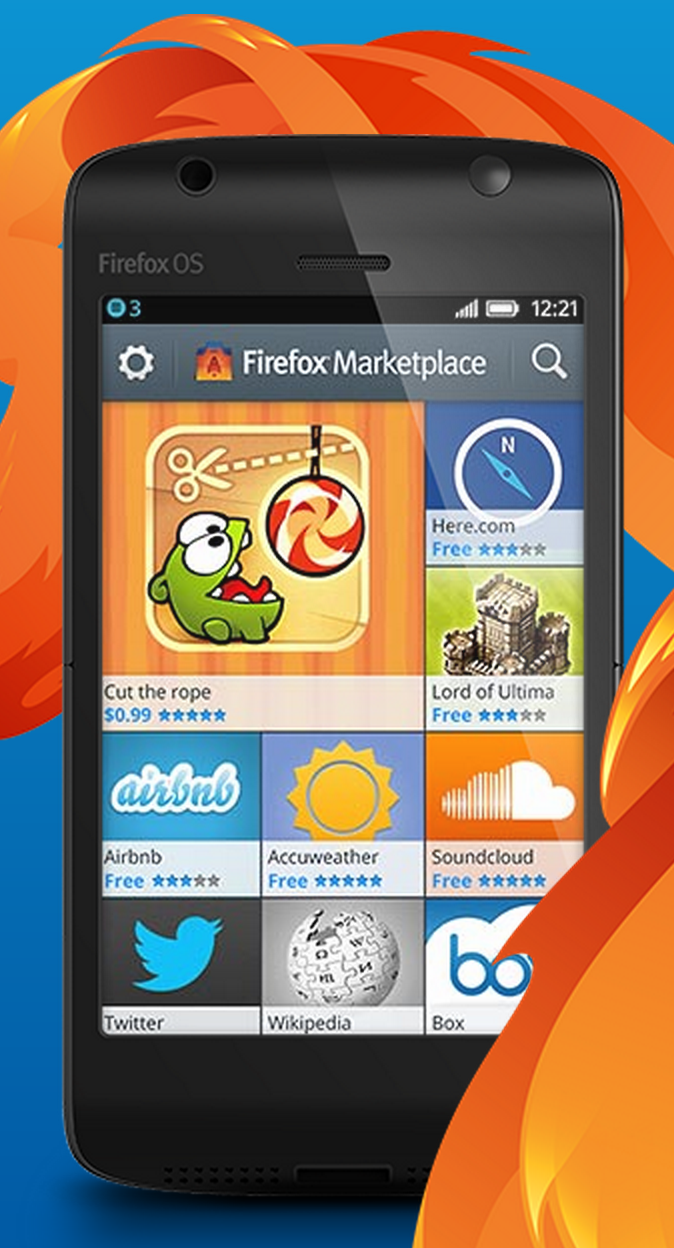
Foxconn adopting Firefox OS
We have not seen a Firefox OS phone hit the market yet, though there are developer handsets out there. However, Mozilla continues to move forward with its mobile platform and you can check it out now with a browser simulator if you just cannot wait. Today the organization grabs its first victory, and it is a major one, scoring one of the largest tech manufacturers in the world.
Mozilla officially announces that manufacturing giant Foxconn is adopting Firefox OS. The organization tells us "the Foxconn Technology Group today announced at a press event in Taipei a wide-ranging partnership with Mozilla to collaborate on the use of the Firefox OS open platform, based on HTML5 and open Web technologies, on Foxconn devices".
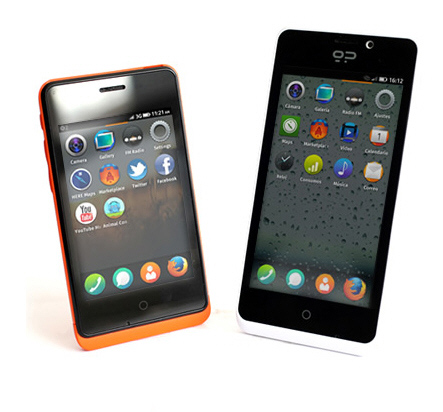
You can now buy Firefox OS developer preview phones
After releasing a number of important details related to Firefox OS in mid-January, Mozilla revealed two developer preview phones, dubbed Keon and Peak. The devices are meant to provide developers with the opportunity to test and release software designed for Mozilla's new operating system.
At the time there was no word on pricing nor availability of either Keon or Peak. Geeksphone, the manufacturer of the two devices, however left us with a "price you could never have imagined" teaser suggesting that we shouldn't have to reach too deep within our pockets in order to afford either of the two. And today the moment of truth is upon us as Geeksphone officially introduces Keon and Peak for sale.

Mozilla and Samsung team up to kill Chrome mobile
Say, Google, do you feel a sharp burning sensation in your back? That's the knife Samsung just plunged in. Ouch! The twisting motion must really hurt.
Mozilla and Samsung are collaborating on a new mobile web browsing engine, Servo, which success would offer huge benefits to both companies. Apple and Google dominate mobile devices with their respective WebKit browsers, largely shutting out Firefox from the most important device category since the PC. Incumbency is an advantage, with browsers preinstalled on Android and iOS. Users must download rival products, and many don't. Meanwhile the South Korean electronics giant accounted for nearly 43 percent of all Android smarthphone sales in fourth quarter, according to Gartner. The company controls the broader user experience via TouchWiz UI, but Google controls the browser.
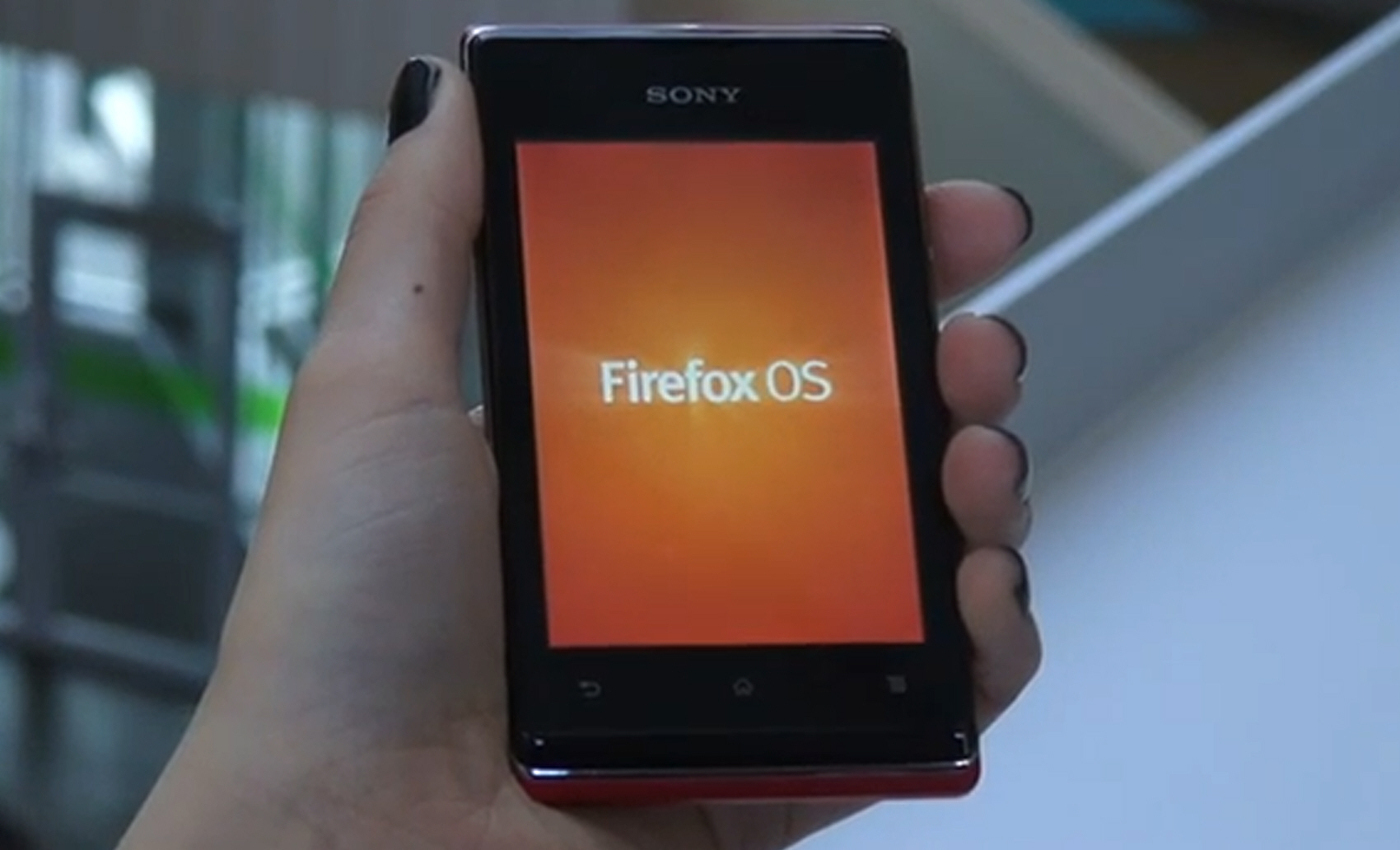
Sony experiments with Firefox OS on the Xperia E
Japanese device manufacturer Sony and global telecommunications company Telefonica have announced their support for Firefox OS, Mozilla's endeavor in the mobile market. To show its commitment for the operating system, Sony has also released an experimental build of Firefox OS for the Xperia E smartphone, that provides a glimpse into the future.
"At Sony Mobile, we continue to evaluate innovative technologies that can help deliver the premium user experiences that Sony’s consumers expect," Bob Ishida, Deputy Chief Executive Officer and Head of Products Business Group at Sony Mobile Communications says. "Our engineers are now working with Firefox OS Mobile and HTML5, evolving technologies which show great potential". Normally, the Xperia E is a low-end Android smartphone similar in specifications to Keon, the base development phone for Firefox OS made available by Geeksphone, but now it's been given a shot at worldwide recognition among enthusiasts.
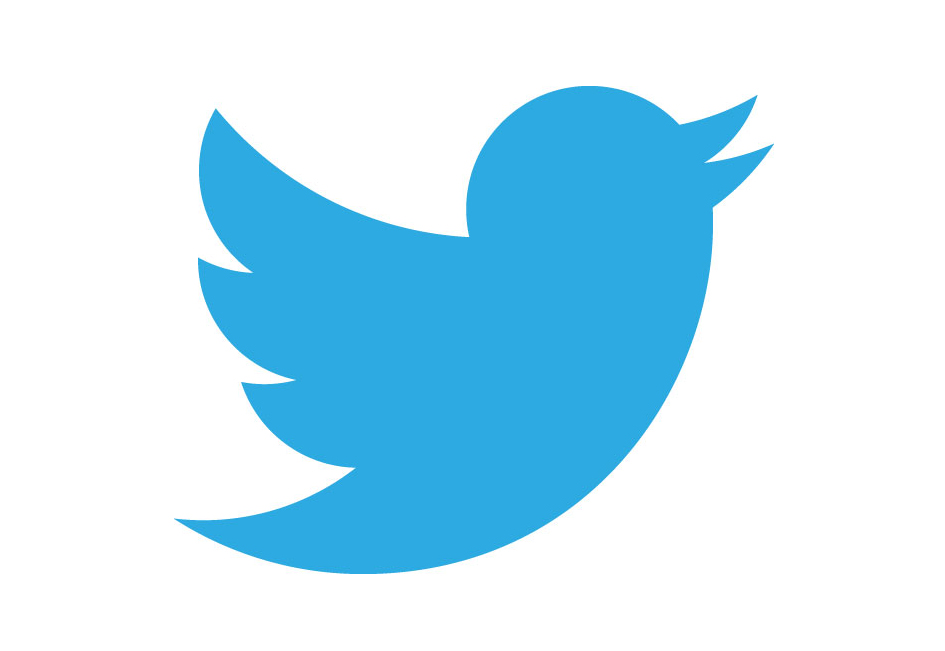
When Firefox OS phones arrive, Twitter will be ready
Smartphones running Firefox OS are slated to start shipping by mid-year. Twitter will be there with them. In a brief announcement, Manuel Deschamps of Twitter stated that "When those devices begin to ship, Twitter for Firefox OS will be available in the Firefox Marketplace".
He also assures us that the app will rival that produced for other mobile operating systems. It will contain Home, Connect, Discover and Me tabs, as well as be able to search and compose tweets -- that last one is rather important to the whole concept of Twitter.
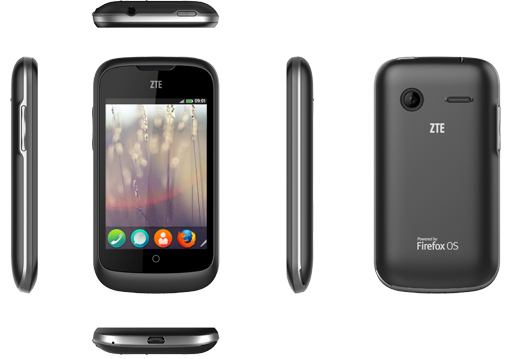
Firefox OS races for third place
Mozilla means serious business about Firefox OS, if today's Mobile World Congress announcement is any indication. Timing couldn't be more serious. Gartner says there is little room for a third smartphone platform; in fourth quarter, Android and iOS dominated with 90.1 percent share, based on actual sales. The race for third place is on, with BlackBerry and Windows Phone established, but weak, contenders.
Mozilla proposed Firefox OS nearly two years ago, when BlackBerry OS still had appreciable market share and smartphone growth was strong. But as the first Firefox OS devices come to market, much is changed. Mature markets already rapidly saturate, China is the largest for smartphones, feature phone share is expected to fall below 50 percent this year and Samsung has replaced Nokia as global handset leader. The best place for a newcomer, based on who will partner and where there is room to grow: Second-world and emerging markets -- and that's where Firefox OS is headed.

Firefox 19 debuts a built-in PDF viewer and other improvements
Mozilla has released Firefox 19.0 FINAL for desktop. There are only two notable new features in this new build, but after months stuck in beta, Mozilla has finally enabled its built-in PDF viewer, which allows users to view PDFs directly in the web browser without having to use a third-party viewing utility.
The other major new feature is a security one, with the Firefox Awesomebar now set up to alert users if the default search provider has been changed. In the meantime, Firefox 19.0 for Android -- due for release imminently -- will introduce support for themes, plus lower its system requirements to extend its reach to as many as 15 million more smartphones.

Modern Firefox for Windows 8 hits Nightly builds
Mozilla announced back in October that it would release a Metro Modern UI version of Firefox. At the time, the company released a "preview" version that was code named "Elm" which was an offshoot of the Nightly builds that the company produces for those users who wish to live on the bleeding edge of technology.
The day has finally arrived where that test build has graduated to an actual Nightly build. Yesterday evening Mozilla's Asa Dotzler announced that "preliminary Metro Firefox development work arrived at mozilla-central, the source code repository that feeds the Firefox Nightly channel".
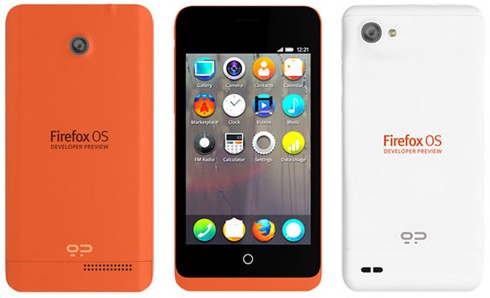
Meet Keon and Peak, the two Firefox OS developer preview phones
Firefox OS is anything but a secret with Mozilla releasing important details down the road since its unveiling and even an eye-opening operating system simulator, the latter introduced little more than two months ago. Frankly, the only important missing piece of the puzzle is the hardware on which Firefox OS is designed to run.
Mozilla decided to shed some light on the matter and through Geeksphone, that works in conjunction with Telefonica, revealed two developer preview phones, dubbed Keon and Peak. Spoiler alert: If you're hoping to see two LG Optimus G Pro devices in disguise you're in for a big surprise.

Developers, developers, developers! Mozilla announces Firefox OS App Days
Firefox OS is coming this year and we have already seen some early previews. In order to hit the ground running these days any operating system, be it desktop or mobile, needs a healthy app ecosystem. To that end, Mozilla today announced "App Days", a series of events around the world that are designed to get developers excited and moving for this upcoming release.
In the announcement, Mozilla's Mark Coggins explains that at "each App Day event, you’ll have the opportunity to learn, hack and celebrate Firefox OS, Mozilla’s open source operating system for the mobile web. Technologists and developers from Mozilla will present tools and technology built to extend and support the Web platform, including mobile Web APIs to access device hardware features such as the accelerometer".

[Mihaita] The tech I used most in 2012
If there's one word that best describes my personal tech use for 2012, change is definitely it. For the most part of the year I "cheated" one platform with another, with no particular personal favorite to get me through (almost) 365 days. Each piece of software and hardware is used for a particular scenario, something that I find rather soothing for my personal early adopter endeavors as well as my sanity. I just can't stand tinkering with the same bit of tech for longer periods of time, although there still is a dear old friend in my life...
My colleagues Alan Buckingham and Wayne Williams already wrote about their personal tech choices in 2012, and now it's my turn. Without further ado here is what I used most throughout the year, starting with my trusty dear old friend.
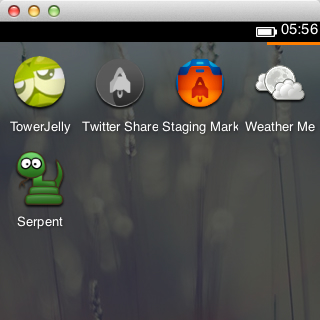
Firefox OS simulator available for Mozilla's browser
Mozilla is moving forward with the Firefox OS plans, even though odds are not in its favor. The open-source organization released a prototype simulator for the in-house operating system, which gives a glimpse of what potential customers should expect. All the action happens in a small Firefox window.
Mozilla did not release a standalone application, but instead the Firefox OS is available as an extension for the popular open-source browser. Firing up the new operating system is done with a simple flick of the Simulator toggle, and for easier control there are some keyboard shortcuts assigned to physical button operations. Users can experiment with Firefox OS straight from the lockscreen, so let's take a peek.
The lockscreen looks similar to earlier versions of Android. There is the typical slider to open camera or unlock the phone on top of the date and time. The interface is pretty basic in the camera department, but this is just a glimpse in the stable Firefox OS.
